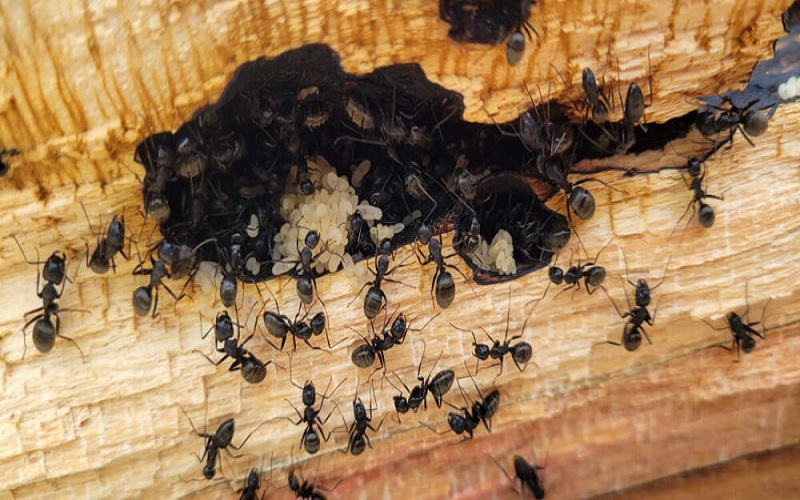
Ants are one of the most common household pests worldwide. While they may seem harmless, an ant infestation can become a significant nuisance, not to mention a potential health risk. Moreover, once an ant infestation occurs, it might become essential to seek services from professional companies like Saela Pest Control to get rid of these tiny insects.
So, prevention is key. Understanding what attracts ants to your house is the first step in preventing an infestation.
Food and Water: The Primary Attractions
The primary attractors for ants are food and water. Like all living creatures, ants need sustenance to survive. They are particularly attracted to sugary substances, proteins, and greasy foods – exactly the kind of things found in abundance in many homes.
Kitchen areas are a common hotspot for ants. Crumbs left on countertops, sticky residue on jars, or even a single piece of fruit left out can be enough to attract a scout ant, which then leaves a pheromone trail for others to follow.
Water is another major attractor. Ants require moisture for survival, so any source of water in your home can potentially draw them in. Leaky pipes, condensation, pet water bowls, and even the moisture in your bathroom can be irresistible to these tiny creatures.
Shelter: A Place to Call Home
Beyond food and water, ants are also looking for shelter. Your home provides a wealth of potential nesting sites for ants. Cracks in walls, gaps under doors, potted plants, and even furniture can all serve as ideal homes for an ant colony.
Some ant species, like the carpenter ants, will even burrow into wood to create their nests, causing potential structural damage to your home.
How to Discourage Ants from Invading Your Home
Now that we know what attracts ants, let’s look at some ways to make your home less appealing:
- Keep it clean: Regularly clean your kitchen, paying special attention to areas where food is prepared and eaten. Wipe down surfaces to remove any food residue, sweep or vacuum regularly to get rid of crumbs, and promptly clean up any spills.
- Store food properly: Make sure all food items are stored in airtight containers. Don’t leave ripe fruit or other food items out in the open.
- Eliminate water sources: Fix any leaky pipes or faucets, wipe down areas of condensation, and try not to leave pet water bowls out overnight.
- Seal entry points: Regularly inspect your home for cracks, gaps, or holes that ants could use as an entry point. Seal these up with caulk or another appropriate material.
- Regular pest control: Regular pest control can help keep ant populations in check and also deal with other pests that might be attracting ants in the first place.
Understanding what attracts ants to your house can help you take steps to prevent an infestation. However, if you’re already dealing with an ant problem, it may be best to call in professional pest control services. They have the knowledge and tools to effectively deal with an infestation and can provide advice on how to prevent future problems.
While ants play an essential role in our ecosystems, they can become a nuisance when they invade our homes. By understanding what attracts them, we can take proactive measures to make our homes less appealing, ensuring that we coexist with these fascinating creatures without letting them overrun our living spaces.

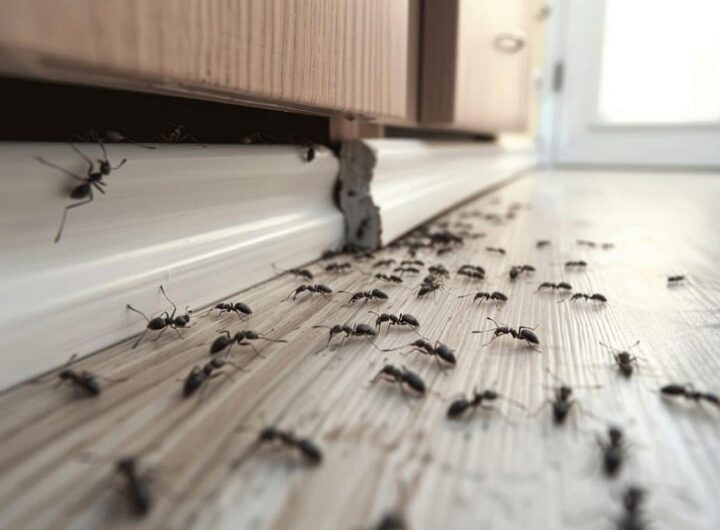 Myths about Pest Control Services in Clermont: You Need the Experts!
Myths about Pest Control Services in Clermont: You Need the Experts! 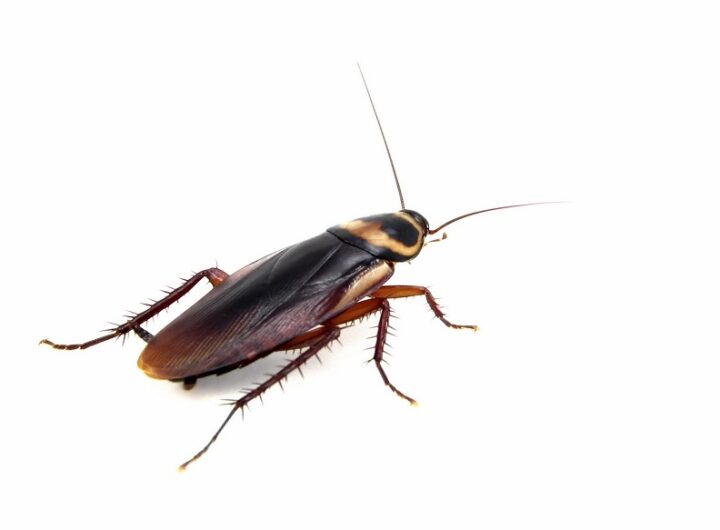 Why Do Some Rockville Homes Keep Getting Pests Again and Again?
Why Do Some Rockville Homes Keep Getting Pests Again and Again? 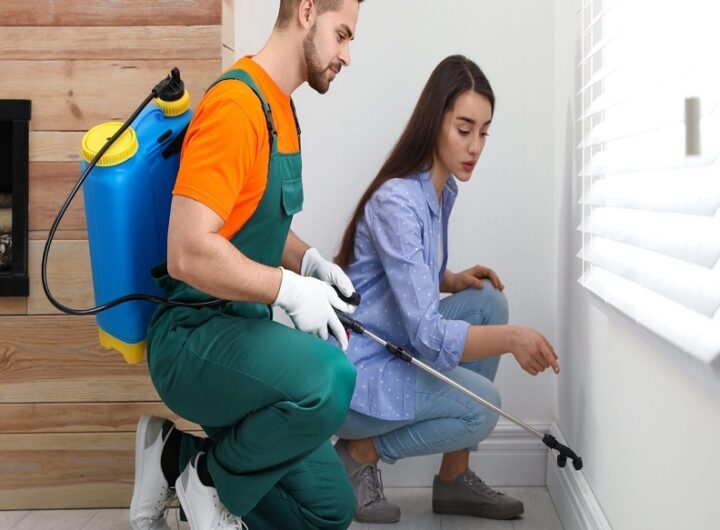 Typical Red Flags When Hiring Pest Control in Indianapolis
Typical Red Flags When Hiring Pest Control in Indianapolis  How to Prepare Your Home for Pest Treatment (Without the Stress)
How to Prepare Your Home for Pest Treatment (Without the Stress) 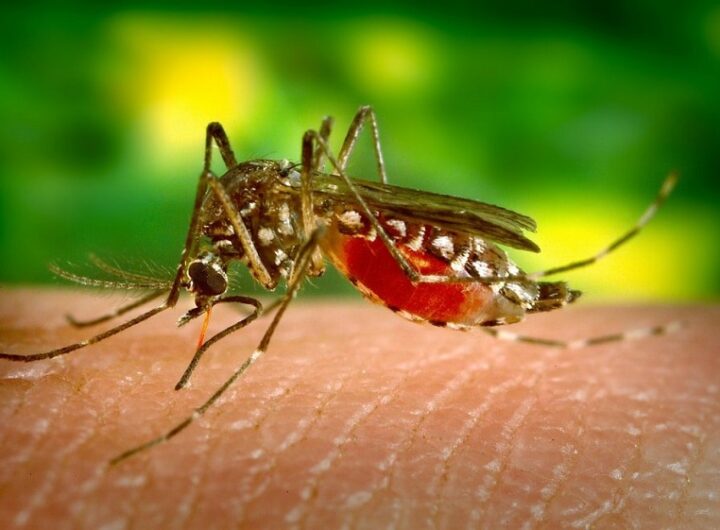 What Is the Best Mosquito Solution for Your Horizon West Home?
What Is the Best Mosquito Solution for Your Horizon West Home? 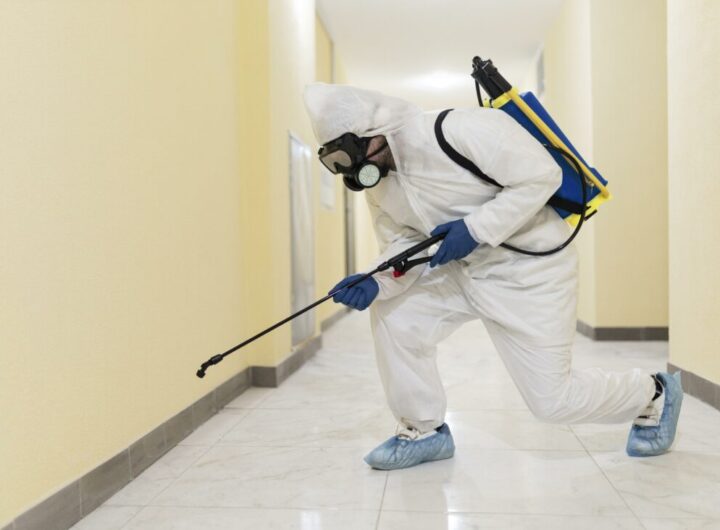 What Are the Damages Caused by Termites? Here’s What You Need to Know
What Are the Damages Caused by Termites? Here’s What You Need to Know  Designer Kitchens & Bathrooms: How to Choose Style That Truly Works for You
Designer Kitchens & Bathrooms: How to Choose Style That Truly Works for You 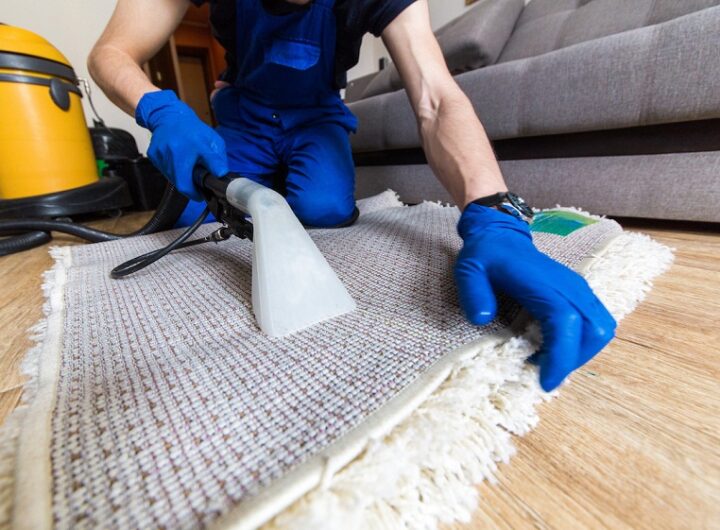 How Often Should You Vacuum Your Carpet?
How Often Should You Vacuum Your Carpet?  A Log Cabin State of Mind
A Log Cabin State of Mind